What are Ukraine's chances of joining the EU?
Why Ukraine wants to be in the European Union, and how its application has been fast-tracked
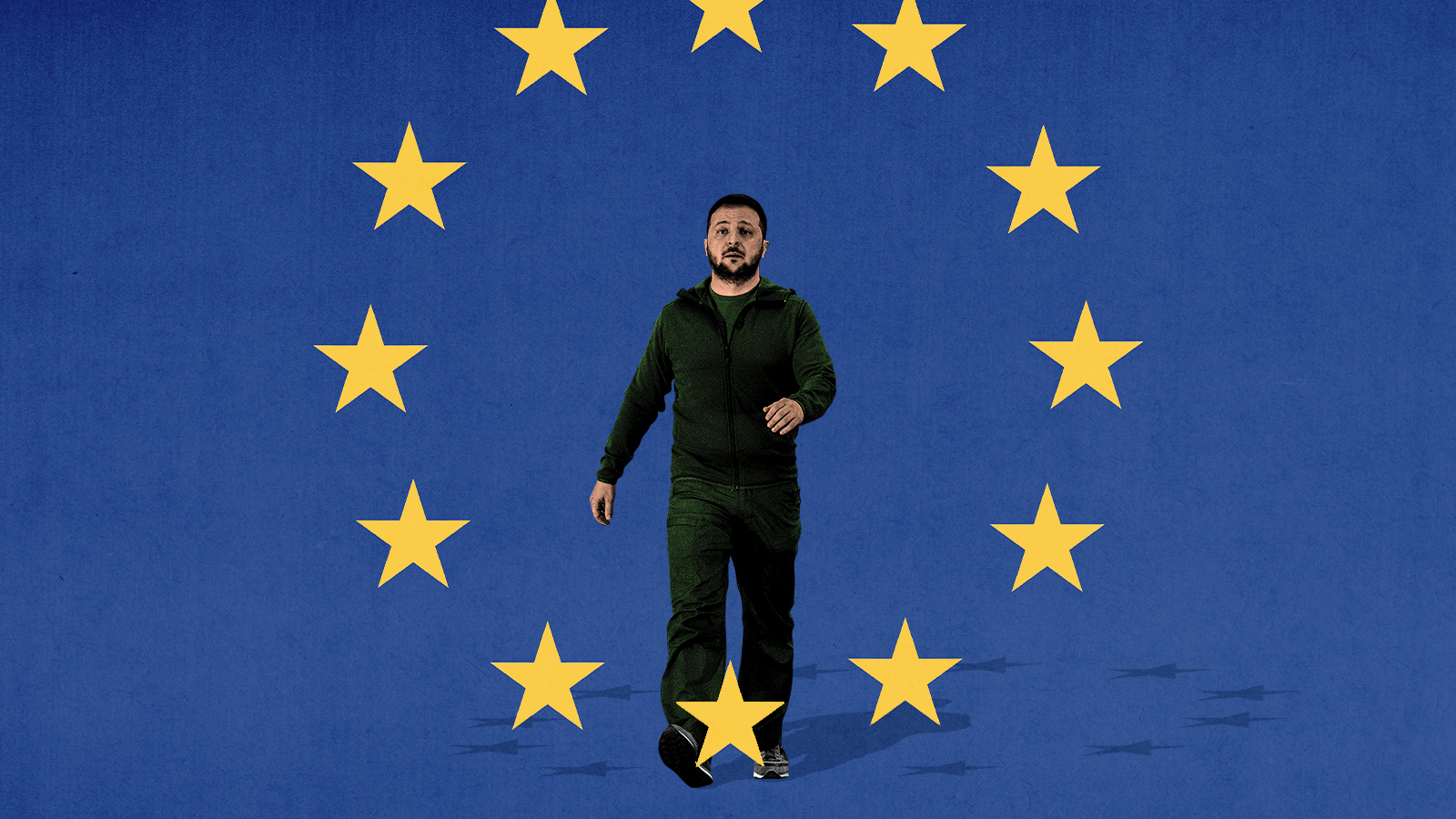

The European Commission will respond to Ukraine's European Union membership bid next month, commission President Ursula von der Leyen said Monday, teeing up a key next step in Kyiv's accession process. Here's everything you need to know:
What does it take to become a member of the EU?
Quite a lot. Any country wishing to join the EU must successfully complete 35 accession "chapters" covering everything from "judicial independence to aligning foreign policy with the EU and deep economic and financial changes," The Wall Street Journal wrote in March.
First, a country must submit an application to the Council of the European Union, one of the bloc's legislative bodies. After taking into account the opinion of the European Commission — the EU's executive body — the council can then decide to grant a country "candidate" status, but only if all 27 EU member states agree.
Subscribe to The Week
Escape your echo chamber. Get the facts behind the news, plus analysis from multiple perspectives.

Sign up for The Week's Free Newsletters
From our morning news briefing to a weekly Good News Newsletter, get the best of The Week delivered directly to your inbox.
From our morning news briefing to a weekly Good News Newsletter, get the best of The Week delivered directly to your inbox.
Once that happens, the candidate country begins negotiating with the EU, "during which time it has to satisfy the EU's membership criteria, known as the "'Copenhagen Criteria,'" writes The Washington Post. These political, economic, and administrative criteria cover things like the stability of a candidate country's democratic institutions, its economy, and its ability to take on the obligations of membership, according to the European Commission website.
Once the commission can verify that a candidate country has satisfied the necessary criteria, the council then, with the blessing of every EU member, closes negotiations. Next, the EU's other legislative body — the European Parliament — gives its consent. Only if a candidate country manages to successfully clear all of these steps can it sign a treaty (which must also be signed and ratified by all 27 members) with the EU.
Von der Leyen said Ukrainian President Volodymyr Zelensky has officially submitted Ukraine's application, meaning the commission's recommendation comes next.
How long does the EU accession process take?
In normal circumstances, the process can take years. In fact, it took Croatia — the most recent county to join — 10 years to make its bid official, though Austria, Finland, and Sweden made it happen much faster.
In Ukraine's case, however, the European Council vowed to move "without delay" after Ukraine requested a quick process under "a new special procedure." Initially, the bloc appeared to decline Kyiv's request for fast-tracked membership. But in April, von der Leyen presented Zelensky with a membership questionnaire, noting that this step would not be "as usual, a matter of years, but rather a matter of weeks."
Speaking later with CNN, von der Leyen again conceded the commuted timeline was abnormal but said it was important in this instance "to take unusual steps" because of the ongoing Russian invasion of Ukraine.
"This is normally a process over years, indeed. And, yesterday, we did an important step forward," von der Leyen told CNN host Jake Tapper. "There's a lot of hope in Ukraine that they — they belong to our European family, without any question. And, therefore, they are in an extraordinary situation, where we have to take unusual steps."
What would Ukraine get out of membership?
Improved security, for one thing. An attack against one member of the EU is considered an attack against all 27, meaning that in allowing Ukraine to join, "the European Union would be committed to taking all necessary action to defend Ukraine against Russia's unprovoked aggression," the Post writes.
And joining the bloc comes with economic perks, as well. EU membership means access to the European Single Market — one of the world's largest economies — as well as adoption of the euro, which would "would boost economic growth and facilitate post-war recovery" for Ukraine, the Post notes.
Becoming an EU member state would also make Ukrainians free to move throughout the bloc, with the right to study, work or retire in any EU country. The Treaty on the European Union also affords EU citizens and legal residents a number of other rights and protections, Forbes notes.
What other countries are hoping to join?
There are currently five candidate countries working to join the bloc, NPR reports: Albania, Montenegro, North Macedonia, Serbia, and perhaps most infamously, Turkey, which began accession negotiations in 2005. Kosovo and Bosnia and Herzegovina are currently classified as "potential candidates" since they do not yet meet membership criteria.
Georgia and Moldova have meanwhile also formally applied to join, emboldened by the response Ukraine received.
But per the Journal, some EU member states have already turned up their noses at additional growth, concerned that the bloc is already too large to govern effectively.
But what about trouble within?
The European Union began officially in 1993, though its origins can be traced back to an 1951 post-war agreement between Germany, France, Italy, the Netherlands, Belgium, and Luxembourg. By 1995, the bloc comprised a total of 15 countries: the original six, plus Denmark, Ireland, the United Kingdom, Greece, Spain, Portugal, as well as new additions Austria, Finland, and Sweden.
By the early 2000s, the EU had welcomed 10 new members — Czechia, Cyprus, Estonia, Latvia, Lithuania, Hungary, Malta, Poland, Slovenia, and Slovakia. The bloc now boasts Bulgaria, Croatia, and Romania among its ranks, as well. The United Kingdom left the EU in 2020 following the Brexit vote.
Though the EU touts democracy as one of its many founding values, some have argued that the government of Hungary presents just as much of a threat to the bloc as Russian President Vladimir Putin's war in Ukraine, as Yasmeen Serhan wrote for The Atlantic in April. Last month, Hungarian Prime Minister Viktor Orbán, an ally of Putin's, won re-election yet again, meaning four more years of what scholars have called "a 'soft' or 'competitive' autocracy" in an EU member state, Serhan reports. And so long as the EU "continues to overlook, much less subsidize, autocracy within it," Serhan adds, "the whole European project is at stake."
Sign up for Today's Best Articles in your inbox
A free daily email with the biggest news stories of the day – and the best features from TheWeek.com
Brigid Kennedy worked at The Week from 2021 to 2023 as a staff writer, junior editor and then story editor, with an interest in U.S. politics, the economy and the music industry.
-
 5 cartoons about the TACO trade
5 cartoons about the TACO tradeCartoons Political cartoonists take on America's tariffs, Vladimir Putin waiting for taco Tuesday, and a new presidential seal
-
 A city of culture in the high Andes
A city of culture in the high AndesThe Week Recommends Cuenca is a must-visit for those keen to see the 'real Ecuador'
-
 The Chagos Islands: Starmer's 'lousy deal'
The Chagos Islands: Starmer's 'lousy deal'Talking Point The PM's adherence to 'legalism' has given Mauritius a 'gift from British taxpayers'
-
 The secret lives of Russian saboteurs
The secret lives of Russian saboteursUnder The Radar Moscow is recruiting criminal agents to sow chaos and fear among its enemies
-
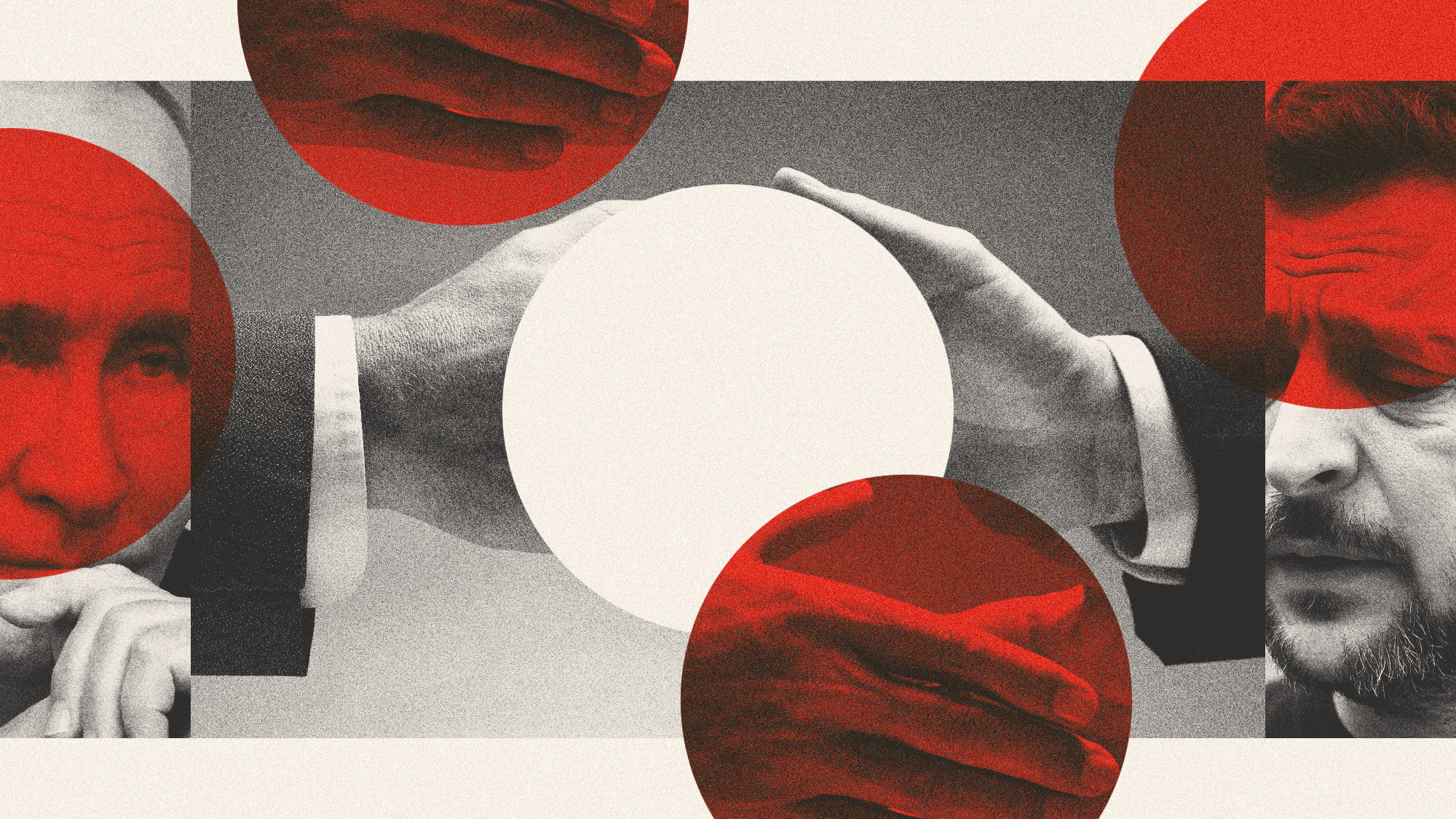 Ukraine-Russia: is peace deal possible after Easter truce?
Ukraine-Russia: is peace deal possible after Easter truce?Today's Big Question 'Decisive week' will tell if Putin's surprise move was cynical PR stunt or genuine step towards ending war
-
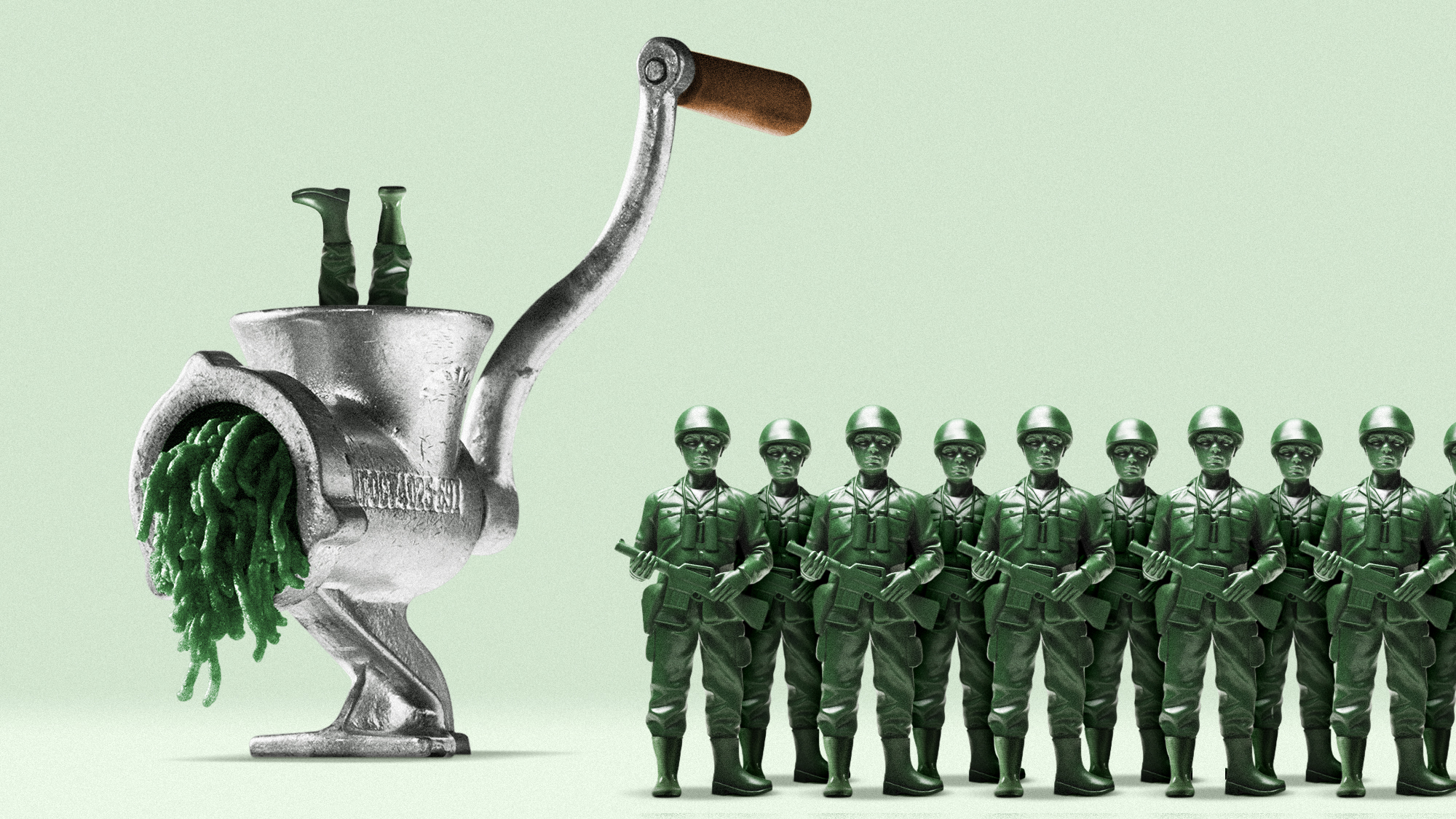 What's behind Russia's biggest conscription drive in years?
What's behind Russia's biggest conscription drive in years?Today's Big Question Putin calls up 160,000 men, sending a threatening message to Ukraine and Baltic states
-
 Is the 'coalition of the willing' going to work?
Is the 'coalition of the willing' going to work?Today's Big Question PM's proposal for UK/French-led peacekeeping force in Ukraine provokes 'hostility' in Moscow and 'derision' in Washington
-
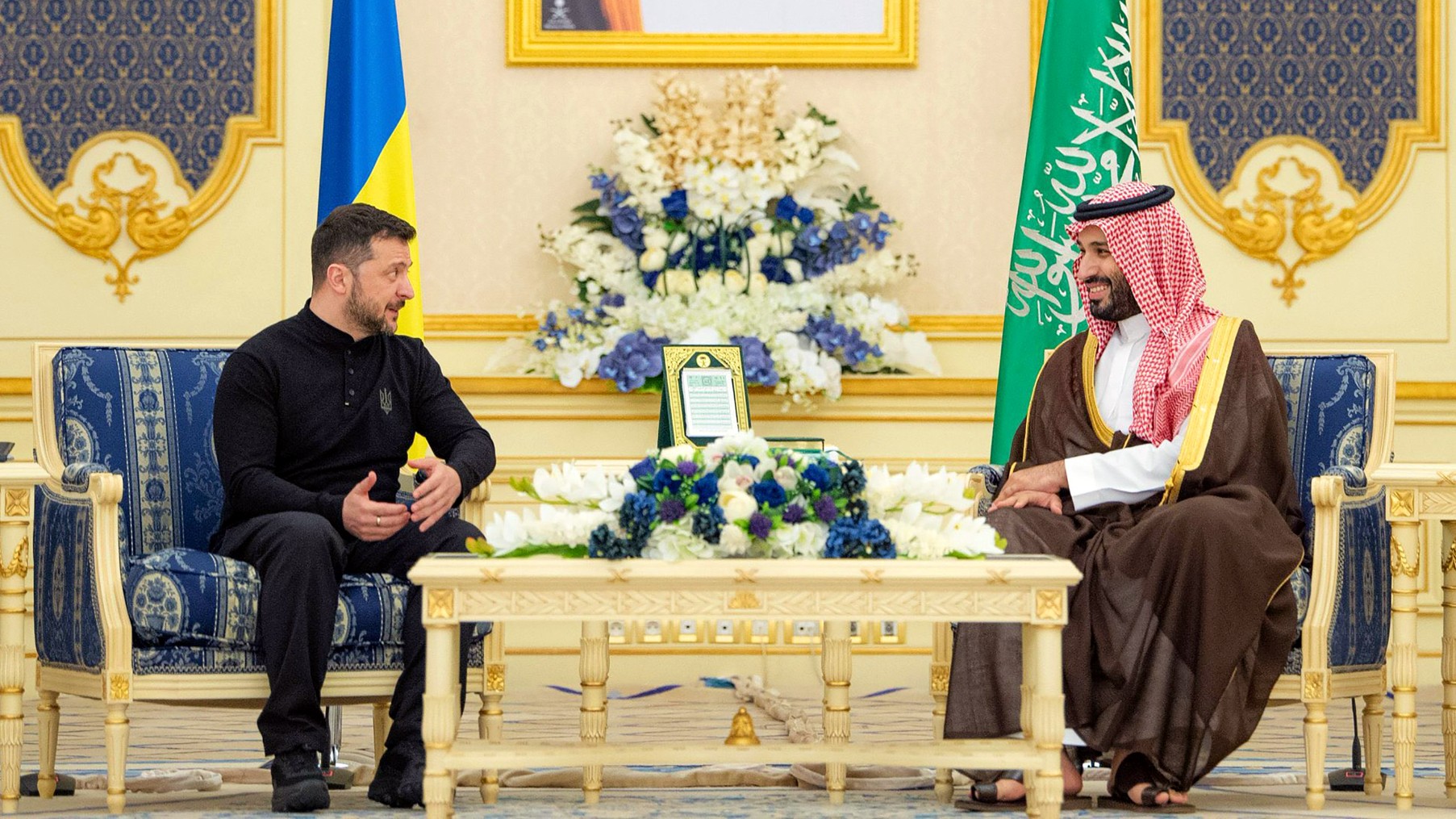 Can Ukraine make peace with Trump in Saudi Arabia?
Can Ukraine make peace with Trump in Saudi Arabia?Talking Point Zelenskyy and his team must somehow navigate the gap between US president's 'demands and threats'
-
 Ukraine: where do Trump's loyalties really lie?
Ukraine: where do Trump's loyalties really lie?Today's Big Question 'Extraordinary pivot' by US president – driven by personal, ideological and strategic factors – has 'upended decades of hawkish foreign policy toward Russia'
-
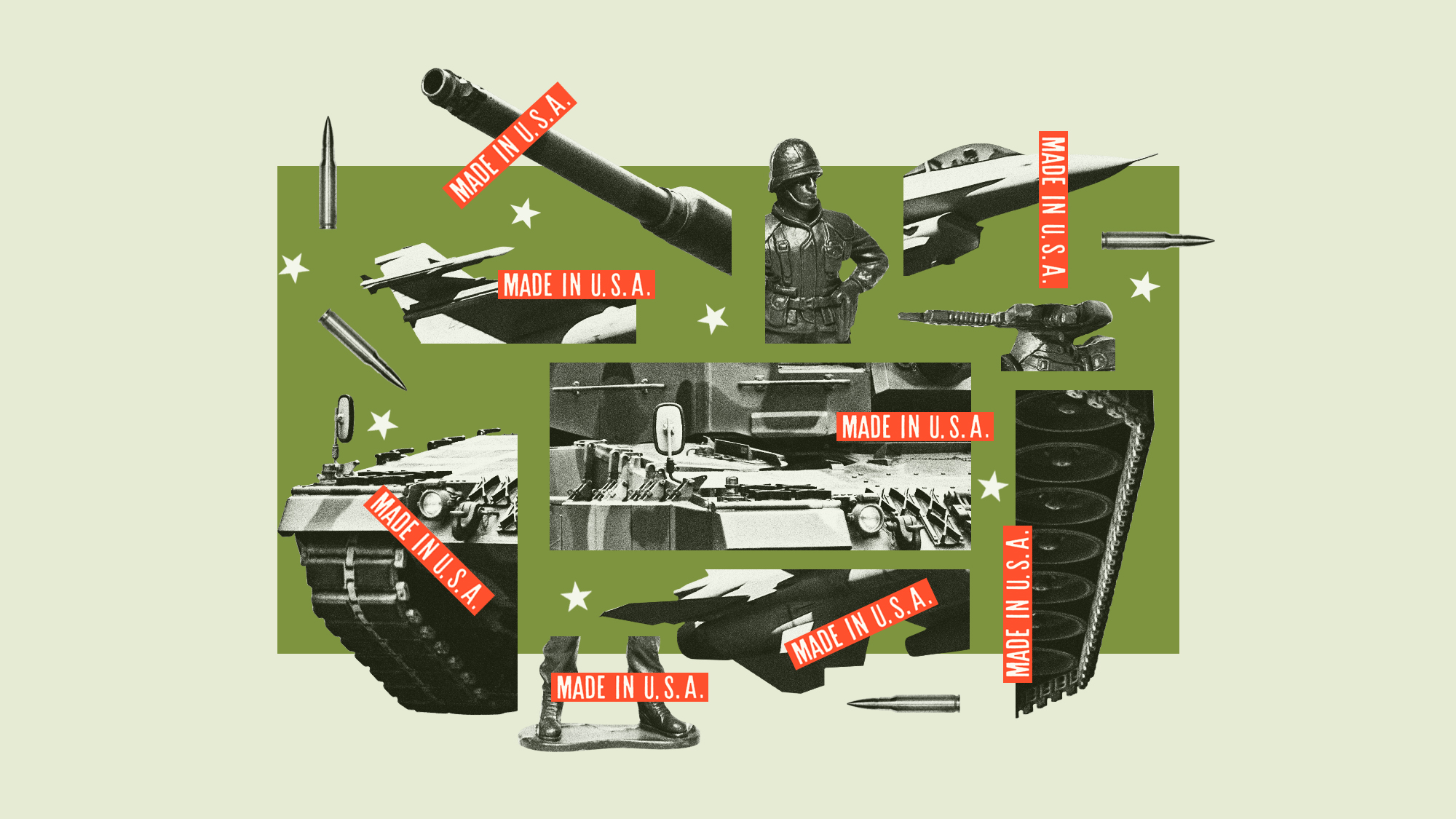 Is Europe's defence too reliant on the US?
Is Europe's defence too reliant on the US?Today's Big Question As the UK and EU plan to 're-arm', how easy will it be to disentangle from US equipment and support?
-
 Is the British Army ready to deploy to Ukraine?
Is the British Army ready to deploy to Ukraine?Today's Big Question The UK 'would be expected to play a major role' if a peacekeeping force is sent to enforce ceasefire with Russia